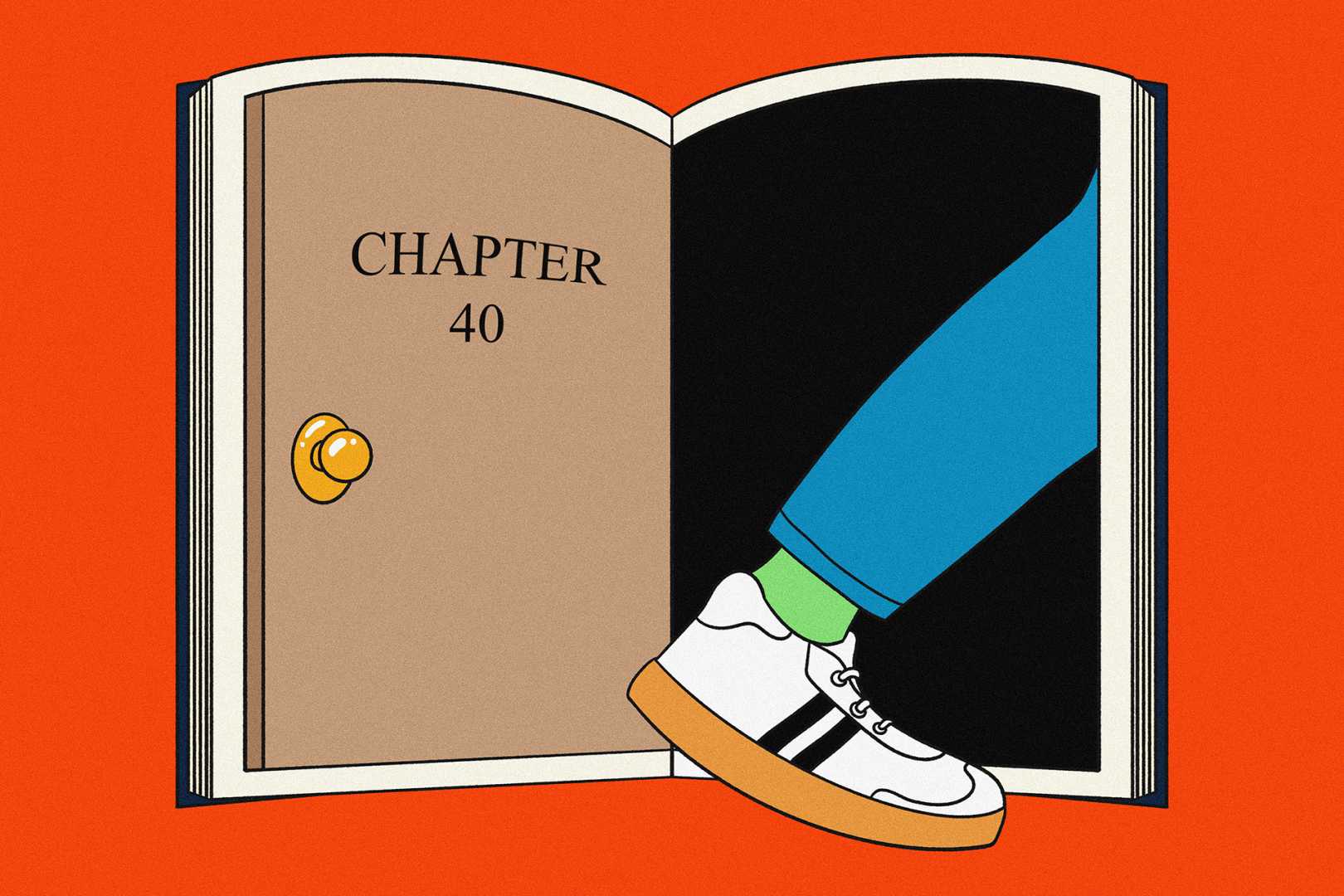News
Millennials Reflect on Unique Midlife Challenges Amid Financial Strain

NEW YORK, NY — As millennials approach their 40s, many express a unique kind of midlife crisis, driven more by financial insecurity and personal growth than by traditional stereotypes of frivolous spending and drastic life changes.
Historically, the midlife crisis has been depicted as a time when individuals make reckless decisions, such as abandoning family for sports cars and younger partners. However, millennials are facing a different reality. This generation often struggles to achieve milestones like home ownership and stable careers, leading to a more introspective journey as they near the halfway mark of their lives.
Melanie Lambrick, a senior correspondent for Vox, noted that millennials are reexamining their lives, propelled by societal pressures concerning mental health and self-expression. “This is a generation that often can’t afford the home or family life to throw away,” Lambrick said. Many see their midlife as an opportunity for renewal rather than a crisis needing intervention.
Experts liken this transition to a progress report rather than a crisis. “The thing about those stereotypes is that they’re not actually very common,” said Dr. Marissa Reischer, a professor studying meaning in life experiences at the University at Buffalo. “People don’t abandon their spouses and buy red sports cars because of a midlife crisis.”
As the pandemic has forced many changes in personal circumstances, individuals like Sam, a pseudonym for a 42-year-old woman, have found their paths diverging significantly. She transformed her life during the last few years through new relationships and career shifts but admits to feeling unsettled. “It’s just really hard to find a feeling of being settled,” Sam stated.
The economic realities add complexity to these feelings. A 2024 study revealed that 81 percent of millennials cannot afford a traditional midlife crisis. This financial burden often leads to a sense of urgency and anxiety surrounding aging, while the pressures of social media amplify these sentiments. “We know how we don’t want to age, but aren’t totally sure how we do,” remarked Dr. Reischer.
As part of their coping strategies, millennials are increasingly prioritizing fitness and wellness as avenues of control in uncertain times. James McMillian, chief innovation officer at a fitness company, noted, “We can’t control our careers. We can’t control our relationships. But when you’re training or doing fitness, that is something — one of the rare things — you can control.”
Some millennials are also reframing their midlife outlook. Patrick Drislane, a 39-year-old teacher, describes his approach as planning for a fulfilling future rather than focusing solely on traditional milestones. “I know what it feels like to live 40 years, and that’s what I have left,” he said. Drislane’s perspective reflects a broader shift among millennials towards viewing midlife not as a crisis but as a valuable opportunity for re-evaluation and goal-setting.
As more individuals in this age group navigate their own unique journeys, the ongoing conversation about the evolving nature of the midlife crisis continues to gain traction, affirming that traditional narratives may not apply to every generation.












